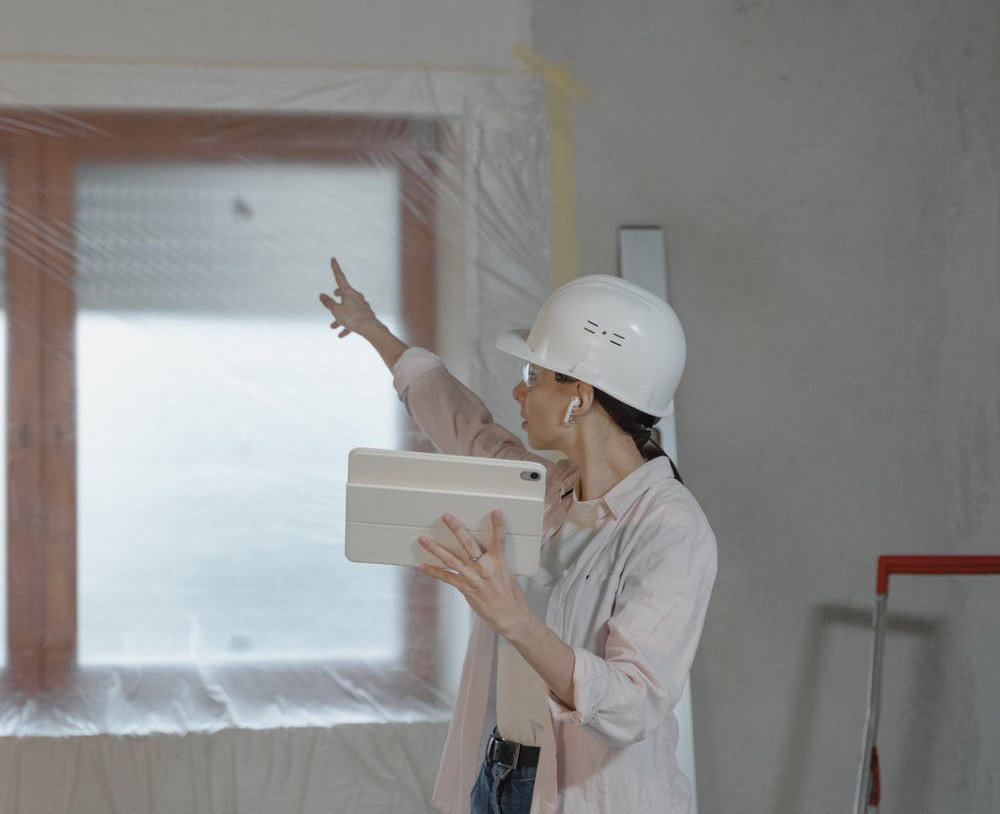The U.S. government has been moving towards the use of Remote Virtual Inspections (RVI) for some time. This can be attributed to the advancements made in the industry. The Covid-19 pandemic in the past year has only hastened the embracing of these technologies. Government departments have modified their guidelines to allow workers to use Remote Virtual Inspection (RVI), where possible. While some of these measures are still considered temporary, the success shown in implementing these rules will determine the future use of such tools in conducting inspections.
Remote Interactive Evaluations in the FDA
The Food and Drug Administration or Agency (FDA) is one such agency that is allowing the use of Remote Inspection tools to reduce unnecessary contact for its inspectors. The use of these technologies will only apply to those facilities and processes that are not first order and deemed mission-critical. In addition, facilities that allow the use of Remote Inspections must have already passed previous physical inspections, prior to allowing other types of examinations of its processes.
It is important to note that the FDA has made these guidelines non-binding. Each inspection is subject to review for its appropriateness to run in a virtual environment. Because, these represent government entities; the FDA has applied this to the following inspection types:
- Pre-Approval Inspections (PAI’s) and Pre-licensing Inspections (PLI’s) – These list a facility’s ability to manufacture or support a product.
- Post Approval Inspections (PoAI’s) – These look at changes to manufacturing methods or evaluations of such methods.
- Surveillance Inspections – These inspections are meant to monitor drug manufacturing processes for quality.
- Follow-up and Compliance Inspections – These are inspections used for remediation of issues named in a surveillance inspection.
- Bioresearch Monitoring (BIMO) – This type of inspection monitors the way trials are conducted and how the subjects within the trials are treated.
Remote Inspections with FEMA
The Federal Emergency Management Agency (FEMA) has also taken initiative to implement Remote Inspections to reduce unnecessary travel and contact in hazardous areas. Inspectors at FEMA now allow an interactive external inspection to examine homes damaged in a state of emergency. Persons needing to file a claim can fill out a form and receive an appointment. Using a smartphone the inspector can try to initiate a Remote Virtual Inspection with the person or homeowner to determine the eligibility for emergency funds.
Local and State Governments are also using Virtual Inspections
State governments and local municipalities have also used Remote Inspections more since the global Covid-19 pandemic began. In addition to the shutting down of many businesses including restaurants and theaters due to safety concerns, state and city governments have also had to layoff numerous workers. The lack of subject matter experts to fill the roles has also spurred the use of RVIs to help cities and towns continue to complete the necessary tasks of government. The city of Phoenix, Arizona for example, has taken advantage of the ubiquitous nature of smartphones and tablets. This has enabled both construction managers and homeowners to schedule inspections of electrical, plumbing and sewer line repairs. These inspections have not only been good for overcoming the issues within limited workers but have saved money for municipalities with limited funds along with improving the turnaround time of construction projects.
The Future for Government-Run Remote Inspections
The maxim “necessity is the mother of invention” is a correct phrase to describe the government’s embracing of Remote Visual Inspections during the Covi-19 crisis. With the likelihood of future crises, implementing guidelines and regulations for the use of such tools will not be in vain. With the cost savings that an RVI will provide, there is no doubt that Remote Virtual Inspections will continue to be used long after this pandemic ends. The increasing use will force municipalities to consider products that are better suited for inspections rather than generic video-conferencing products. CloudVisit’s Remote Virtual Inspection solutions for instance are well suited for these applications. It was written to define, manage and conduct an RVI for enterprises and municipalities which can be the most demanding clients.

 Language:
Language:







